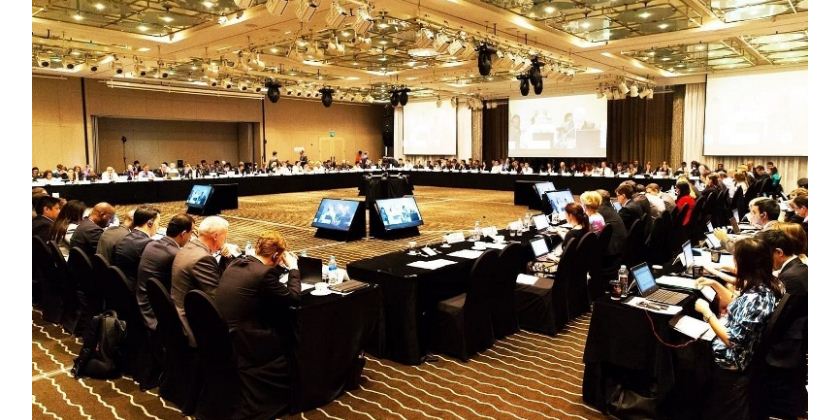FATF meets to decide on Pakistan’s case February 22

ISLAMABAD – The Financial Action Task Force will hold a three-day virtual meeting on February 22 to decide whether Pakistan would stay on its Grey List.
Pakistan has forwarded a report of its progress on regulations to curb money laundering and terrorism financing to the global financial watchdog.
The country has implemented 21 out of 27 regulations, officials at the Finance Ministry said. The rest of the points have been implemented up to 70%, they added.
Pakistan has made amendments to its FATF law, seized assets of banned organisations and taken steps to stop members of these organisations from operating. It has also made progress on 40 other points apart from the 27 in the FATF action plan.
FATF is an inter-governmental body that combats threats to international financial system. A potential downgrade to the FATF blacklist has serious implications for Pakistan.
Being on the blacklist means the country’s banking system will be regarded as one with poor controls over Anti-Money Laundering (AML) and Countering Financing of Terrorism (CFT).
FATF doesn’t impose any sanctions directly, but its guidelines are taken seriously by global financial institutions. This means overseas Pakistanis who send remittances to Pakistan will be subject to more scrutiny. The traders who deal in imports and exports will suffer because they have to make and receive payments with the help of international banks that may either increase the cost for Pakistani banks or simply not do business with them.
The implications for the economy as a whole can be far more serious. Being placed on FATF’s blacklist can affect capital inflows and lower investment to Pakistan, thus hurting the ongoing IMF programme. Raising funds from global capital markets will be difficult, which will undermine the country’s ability to pay foreign debt.
In February 2020, the FATF expressed concerns over “Pakistan’s failure to complete its action plan in line with the agreed timelines and in light of the Terrorist Financing risks emanating from the jurisdiction,” it said in a report.
The global watchdog for illicit financial activities had put Pakistan on its grey list in June 2018 because of weaknesses in the country’s AML and CFT regimes.
The grey list refers to countries or jurisdictions under increased monitoring because of strategic AML and CFT deficiencies. After being placed on the grey list, Pakistan had developed an action plan with the FATF to address those deficiencies, but fell short of targets.
The deadline was initially June 2020. But it was first extended to September 2020 and then to February 2021.
Related News

Major anti-encroachment Op in Islamabad Sector 14/1-G
ISLAMABAD, JAN 23 /DNA/ – The district administration today conducted a major operation against illegalRead More

Heavy snowfall disrupts Pakistan’s north; Murree, Tirah, Chilas, Quetta affected
MURREE, JAN 23: The northern regions of Pakistan are facing severe disruption as heavy snowfallRead More


Comments are Closed